Filter by
SubjectRequired
LanguageRequired
The language used throughout the course, in both instruction and assessments.
Learning ProductRequired
LevelRequired
DurationRequired
SkillsRequired
SubtitlesRequired
EducatorRequired
Explore the Logistic Regression Course Catalog
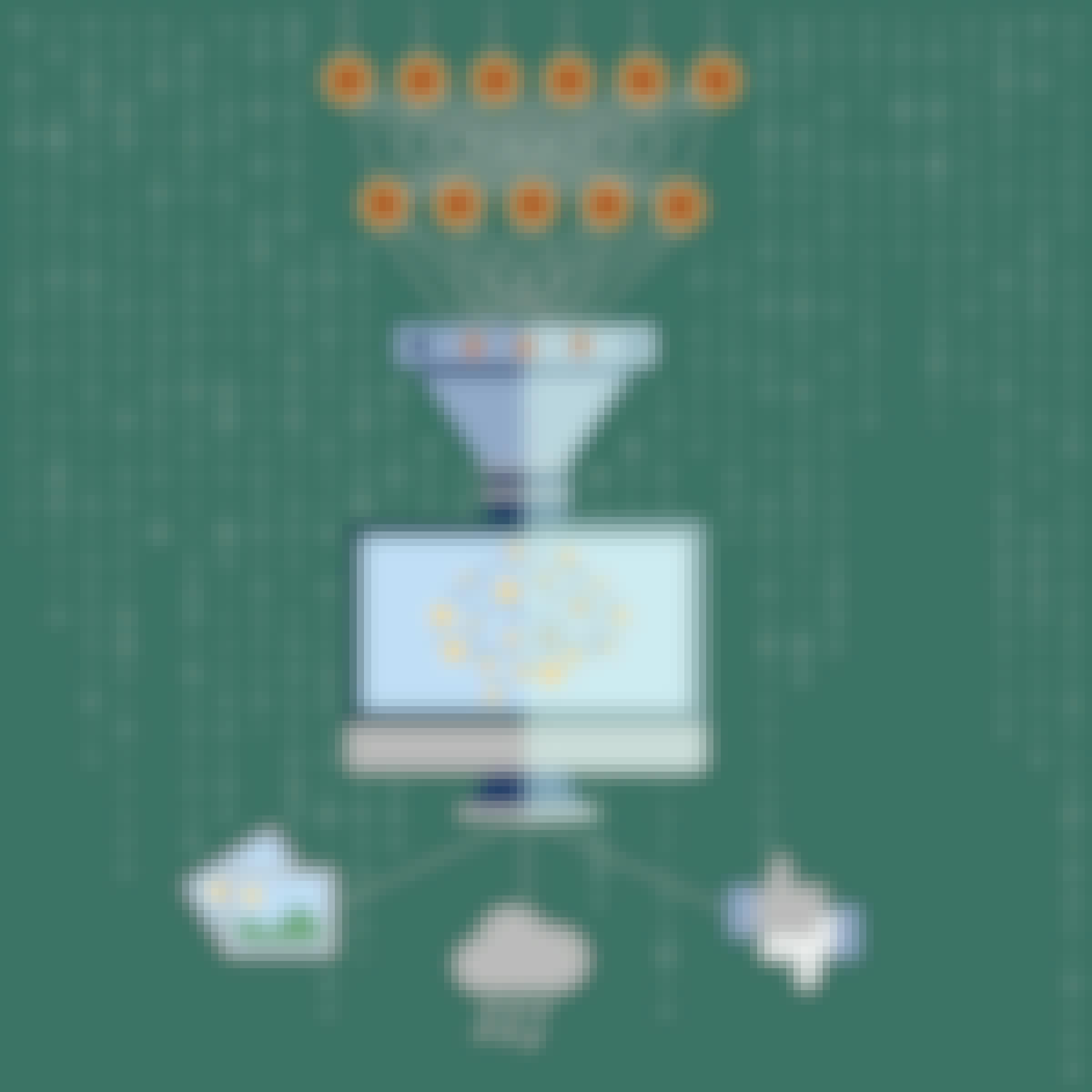 Status: Preview
Status: PreviewDuke University
Skills you'll gain: PyTorch (Machine Learning Library), Reinforcement Learning, Deep Learning, Image Analysis, Applied Machine Learning, Natural Language Processing, Machine Learning, Artificial Neural Networks, Supervised Learning, Unsupervised Learning, Python Programming, Computer Vision, Medical Imaging

Skills you'll gain: Stata, Regression Analysis, Statistical Modeling, Statistical Methods, Statistical Analysis, Advanced Analytics, Statistical Programming, Data Visualization, Data Manipulation, Correlation Analysis, Predictive Modeling, Descriptive Statistics, Statistical Hypothesis Testing
 Status: Free Trial
Status: Free TrialSkills you'll gain: Supervised Learning, Machine Learning Algorithms, Classification And Regression Tree (CART), Applied Machine Learning, Predictive Modeling, Scikit Learn (Machine Learning Library), Data Processing, Data Cleansing, Machine Learning, Regression Analysis, Data Manipulation, Business Analytics, Feature Engineering, Random Forest Algorithm, Statistical Modeling, Sampling (Statistics), Performance Metric
 Status: Free Trial
Status: Free TrialIllinois Tech
Skills you'll gain: Machine Learning Algorithms, Statistical Analysis, Data Visualization, Data Analysis, Exploratory Data Analysis, Data Presentation, Data Cleansing, Applied Machine Learning, Analytics, Machine Learning, Data Science, Regression Analysis, Data Manipulation, Data Mining, Statistical Modeling, Python Programming, Feature Engineering, Scikit Learn (Machine Learning Library), Unsupervised Learning, Decision Tree Learning
 Status: New
Status: NewUniversity of Colorado Boulder
Skills you'll gain: Natural Language Processing, Text Mining, Probability & Statistics, Unstructured Data, Artificial Neural Networks, Machine Learning, Supervised Learning, Statistical Methods, Algorithms, Regression Analysis
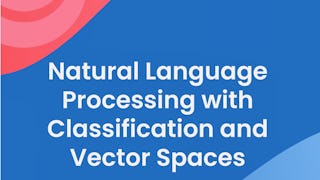 Status: Free Trial
Status: Free TrialSkills you'll gain: Natural Language Processing, Supervised Learning, Dimensionality Reduction, Feature Engineering, Machine Learning Algorithms, Artificial Intelligence, Tensorflow, Probability & Statistics
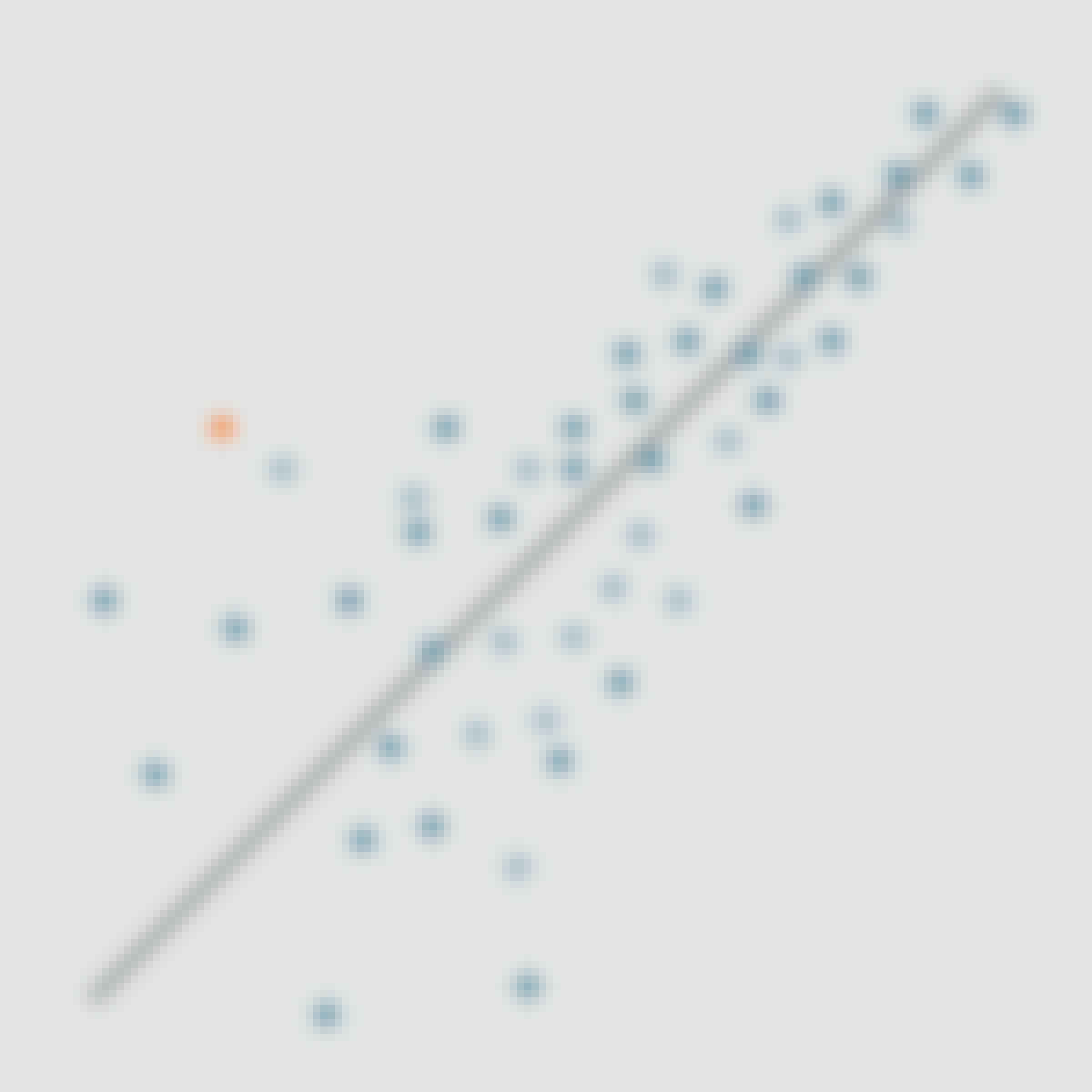 Status: Free Trial
Status: Free TrialDuke University
Skills you'll gain: Regression Analysis, Statistical Analysis, R Programming, Statistical Modeling, Statistical Inference, Correlation Analysis, Data Analysis, Statistical Methods, Exploratory Data Analysis, Mathematical Modeling, Statistics, Predictive Modeling, Anomaly Detection
 Status: Free Trial
Status: Free TrialJohns Hopkins University
Skills you'll gain: Predictive Modeling, Machine Learning Algorithms, Feature Engineering, Supervised Learning, Classification And Regression Tree (CART), Predictive Analytics, Applied Machine Learning, R Programming, Machine Learning, Random Forest Algorithm, Regression Analysis, Data Processing, Data Collection
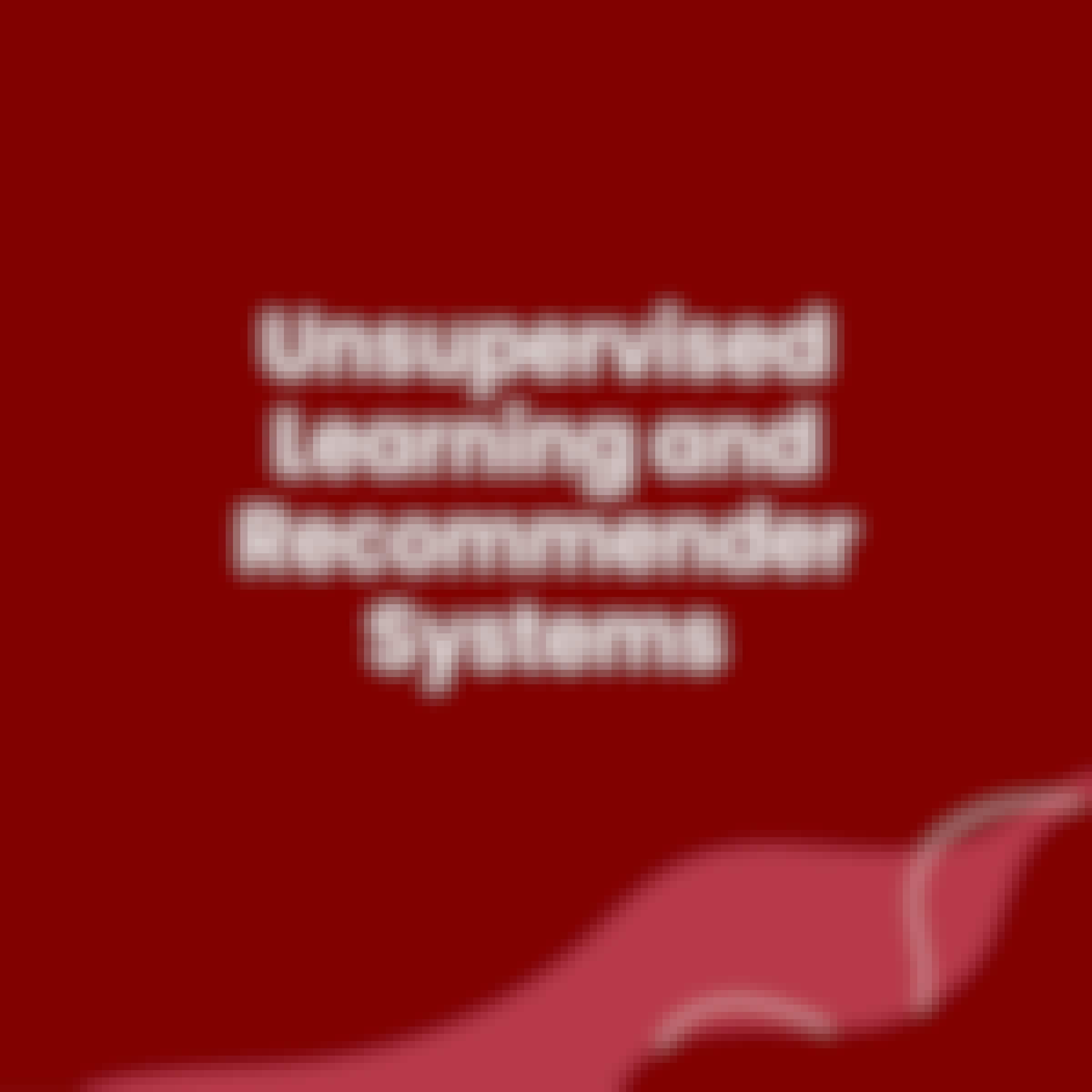 Status: Free Trial
Status: Free TrialDeepLearning.AI
Skills you'll gain: Unsupervised Learning, Machine Learning Methods, Artificial Intelligence and Machine Learning (AI/ML), Applied Machine Learning, Data Ethics, Machine Learning, Machine Learning Algorithms, Supervised Learning, Reinforcement Learning, Statistical Machine Learning, Artificial Neural Networks, Deep Learning, Anomaly Detection, Dimensionality Reduction, Algorithms, Collaborative Software
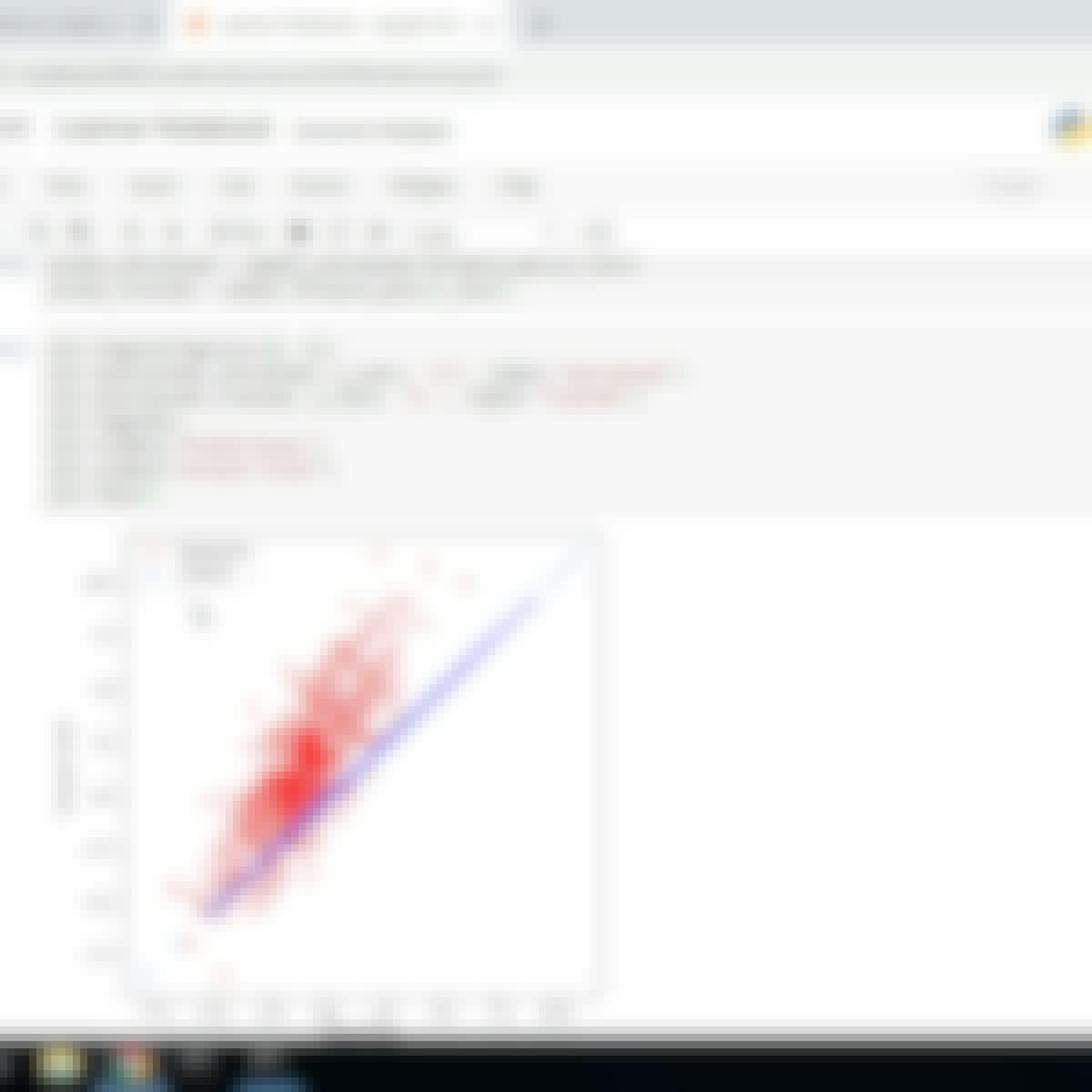
Coursera Project Network
Skills you'll gain: Regression Analysis, NumPy, Applied Machine Learning, Supervised Learning, Machine Learning, Predictive Modeling, Deep Learning, Data Science, Python Programming
 Status: NewStatus: Free Trial
Status: NewStatus: Free TrialUniversity of Pittsburgh
Skills you'll gain: Probability Distribution, Data Science, Probability & Statistics, Predictive Analytics, Probability, Statistical Modeling, Data Analysis, Regression Analysis, Statistical Analysis, Statistical Methods, Statistical Machine Learning, Bayesian Statistics, Statistical Inference, Feature Engineering, Applied Mathematics, Python Programming, Machine Learning, Algorithms
 Status: Free Trial
Status: Free TrialSkills you'll gain: Supervised Learning, Regression Analysis, Predictive Modeling, Machine Learning, Statistical Modeling, Classification And Regression Tree (CART), Scikit Learn (Machine Learning Library), Feature Engineering, Statistical Analysis, Performance Metric
Logistic Regression learners also search
In summary, here are 10 of our most popular logistic regression courses
- Introduction to Machine Learning: Duke University
- The STATA OMNIBUS: Regression and Modelling with STATA: Packt
- Supervised Machine Learning: Classification: IBM
- Data Preparation and Analysis: Illinois Tech
- Fundamentals of Natural Language Processing: University of Colorado Boulder
- Natural Language Processing with Classification and Vector Spaces: DeepLearning.AI
- Linear Regression and Modeling : Duke University
- Practical Machine Learning: Johns Hopkins University
- Unsupervised Learning, Recommenders, Reinforcement Learning: DeepLearning.AI
- Linear Regression with Python: Coursera Project Network










